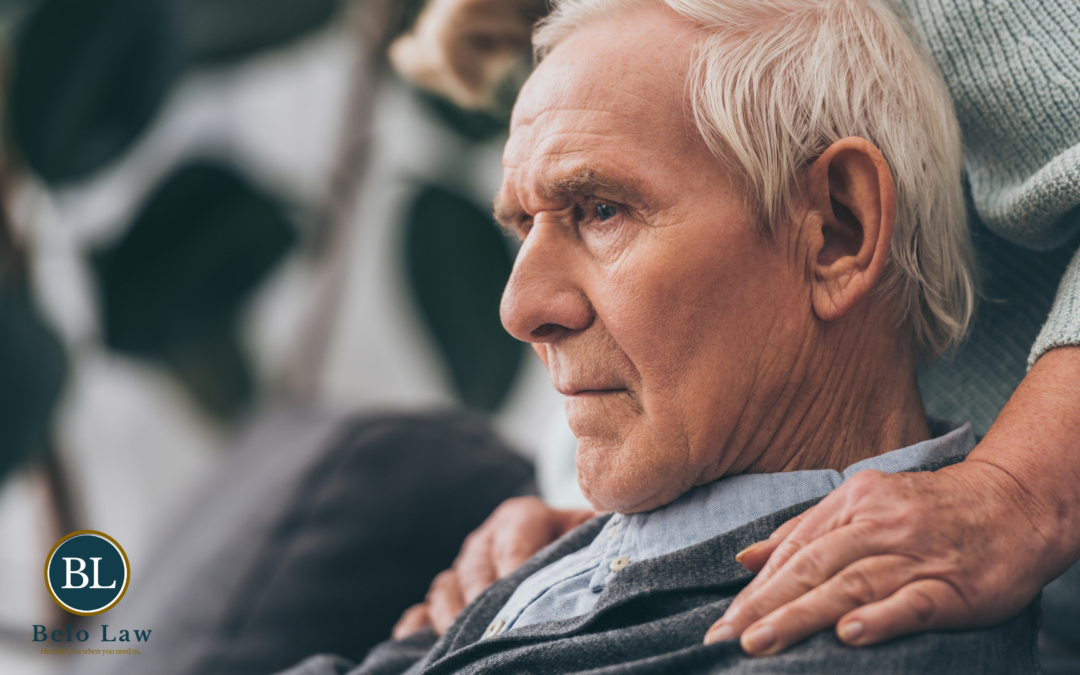
Millions of American seniors suffer from dementia, which is an overall term for describing a group of symptoms associated with severe memory loss and diminished thinking skills. In fact, Alzheimer’s Disease accounts for about 60 to 80 percent of all dementia cases. While some forgetfulness is common in older age, dementia is not a normal part of the aging process.
Medical alert systems are uniquely suited to help impacted Florida seniors and their families.
This is especially true as dementia symptoms progress over time. There are different types of alert systems, but almost all depend on a wearable device that emits an emergency distress signal when the user presses a call button. These user-friendly technologies are credited with helping countless seniors in emergency situations.
Let us share with you four medical alert features every senior with dementia may benefit from.
1. Fall Detection. The statistics can be alarming. According to the Centers for Disease Control and Prevention, more than 3 million older adults are treated in emergency rooms for fall injuries every year. One third of those injuries lead to hospitalizations, mostly for broken hips and head trauma. Worse, seniors with dementia are three times more likely to fall than other seniors. An electronic fall detection feature on a medical alert device allows for an internal sensor to determine whether a fall-like motion has occurred.
2. Default Activation. This feature provides an automatic emergency alert signal if a fall detection sensor determines a fall has occurred and the alert button has not been pressed. This protects against unconsciousness, shock, and confusion, as well as potentially avoiding a delayed response time.
3. Non-Emergency Response. In the same way that a dementia sufferer may not have the cognitive wherewithal to press an alert device button, they may innocently press the button when there is no emergency and thus trigger a false alarm. A non-emergency response feature could automatically alert an adult child or other trusted contact before emergency responders.
4. GPS Tracking and Wander Alerts. Seniors suffering from dementia are often prone to “wandering,” or leaving the safety of their homes and becoming disoriented and lost. GPS location features and wandering alerts allow loved ones to quickly find them.
We know how difficult it can be to find the right medical alert system for your loved one. If you have any questions about this topic or about how to care for your family member suffering from dementia, don’t hesitate to reach out to our firm. We are here to help you.
